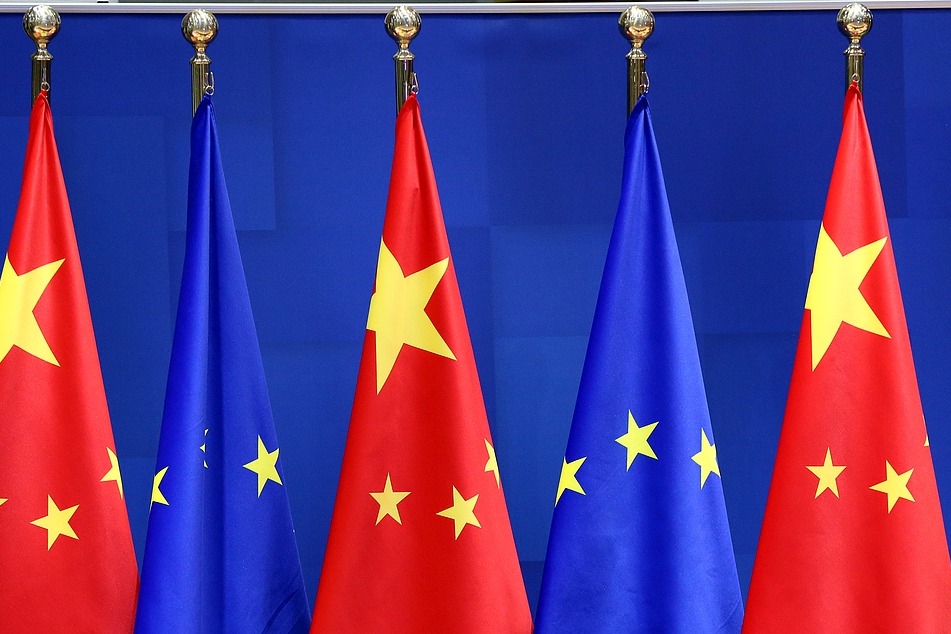Iceland's language under threat from AI

Iceland's former prime minister, Katrin Jakobsdottir, has said the country's mother tongue could fade away within a single generation as artificial intelligence and English-language media reshape how people read and speak.
Jakobsdottir, who stepped down from her leadership role last year to run for president after seven years in office, has described a "radical "shift in the everyday use of the Icelandic language.
The Guardian newspaper quoted Jakobsdottir as saying English is gaining ground, while reading in Icelandic is declining, which are trends she links to how AI language models are built and the content they prioritize.
Jakobsdottir was speaking ahead of her appearance at Iceland's Noir crime fiction festival in Reykjavik, following the release of her second crime novel, co-written with Ragnar Jonasson.
"A lot of languages disappear, and with them dies a lot of value and a lot of human thought," she said.
She and her co-author are urging the roughly 350,000 Icelandic speakers to safeguard the language's future. Icelandic is said to be among the world's least-altered languages.
"Having this language that is spoken by so very few, I feel that we carry a huge responsibility to actually preserve that. I do not personally think we are doing enough to do that," she said. Young people in Iceland "are absolutely surrounded by material in English, on social media and other media", she added.
Katrin has said Iceland has been proactive in making AI usable in Icelandic, which is highlighted by an education ministry pilot program that gives hundreds of teachers access, while warning of AI's risks and urging that models be trained on Icelandic texts.
Ragnar Jonasson, her co-author, warned the language is in danger. "We are just a generation away from losing this language because of all of these huge changes," he said.
"They are reading more in English, they are getting their information from the internet, from their phones, and kids in Iceland are even conversing in English sometimes between themselves," he added.
Referencing Iceland's period under Danish rule up to 1918, when Danish pressures shaped Icelandic, Katrin said shifts can happen "very quickly".
"We have seen that before here in Iceland because we, of course, were under the Danes for quite a long time and the Danish language had a lot of influence on the Icelandic language."
She called for a determined effort from Icelanders to reverse the trend.
"Maybe we need a stronger movement right now to talk about why do we want to preserve the language? That is really the big thing that we should be talking about here in Iceland," she said.
The "fate of a nation" may hinge on how it cares for its language, since language shapes how people think, she added.
































